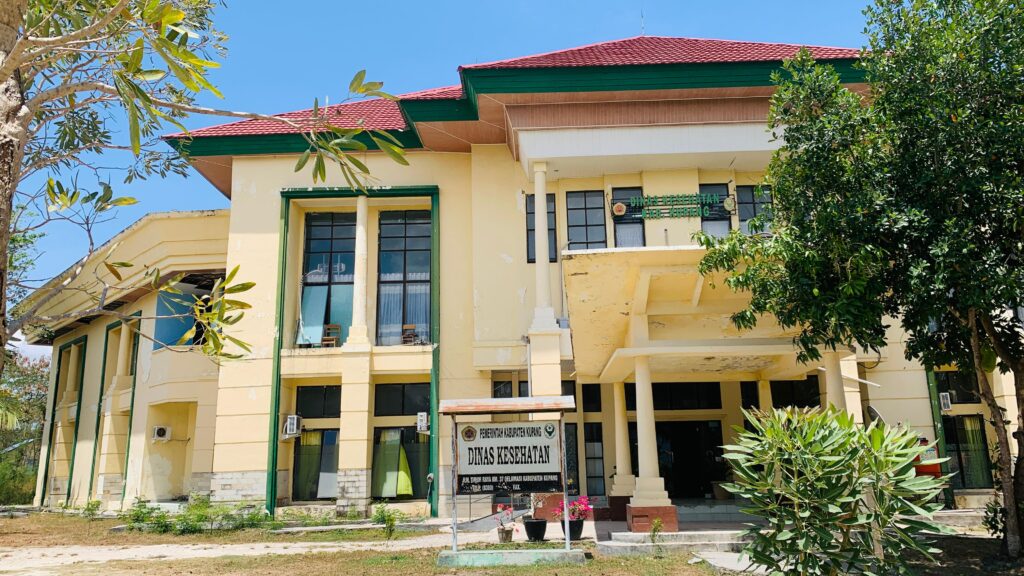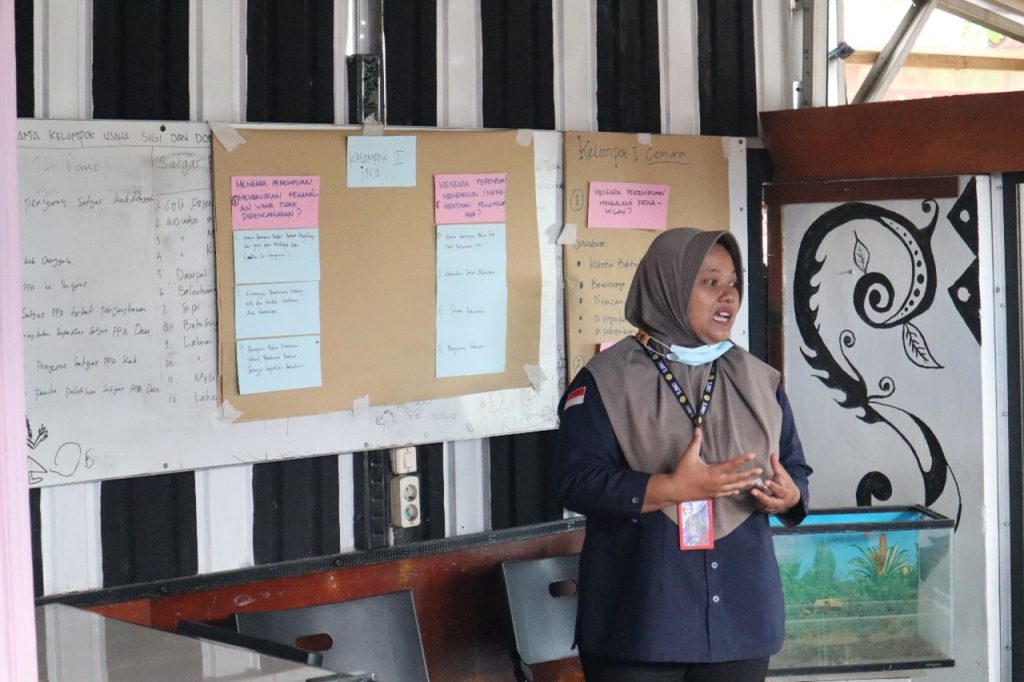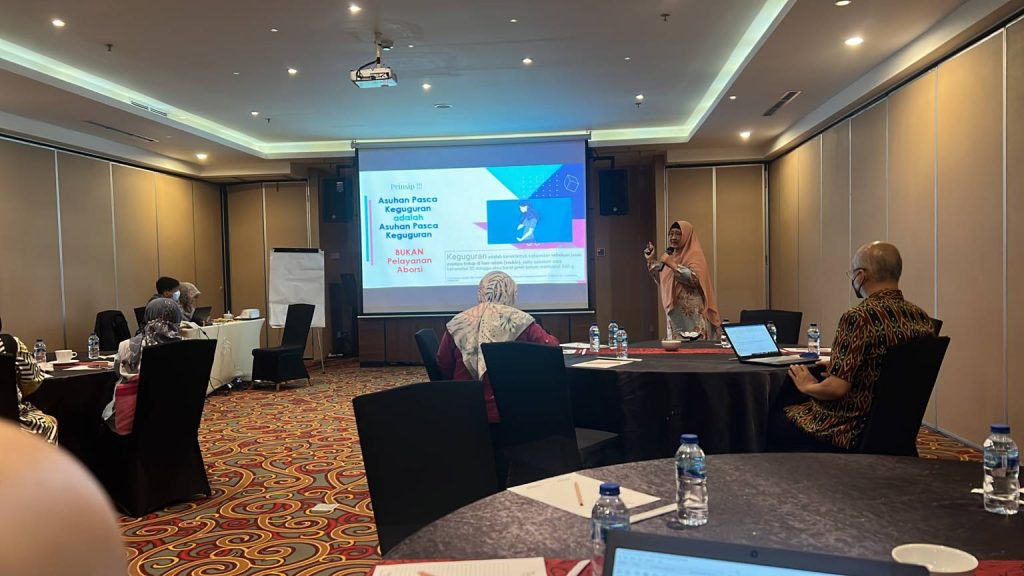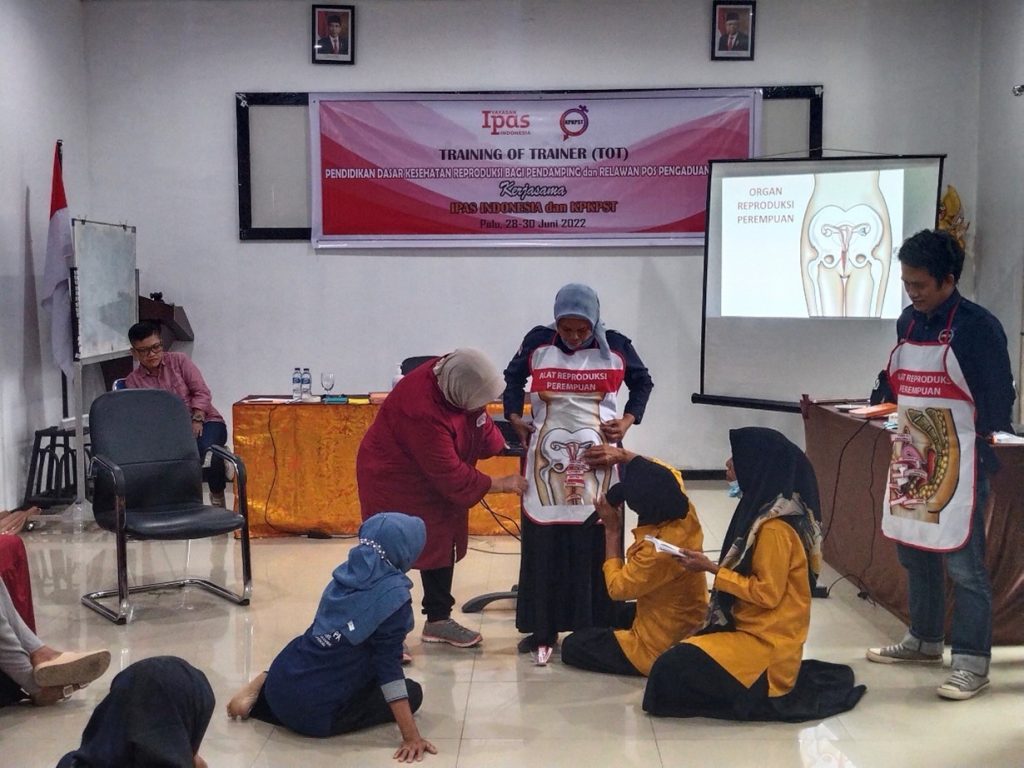In an effort to reduce the Maternal Mortality Rate (MMR), IPAS Indonesia Foundation collaborated with the Kupang Regency Government through the TAKENUSA project (Tekad Bersama untuk Kesehatan Perempuan Nusa Tenggara). The intervention was conducted in three health facilities, namely Naibonat General Hospital, Sulamu Health Center, and Camplong Health Center.
One of the main strategies is to increase the capacity of health workers through comprehensive Post Abortion Care training. This training is crucial given the rampant practice of unsafe abortion through traditional healers or the use of drugs without medical supervision, which jeopardizes the safety of both mother and baby.
However, challenges arise in the implementation of PAC services even after the training. Doctor Herwinda Geraldine, M.Ked.Klin., SpOG from RSUD Naibonat revealed that the PAC service in her institution is not yet uniform. Each health worker has their own interpretation in providing services, even after the training was conducted in August-September 2024.
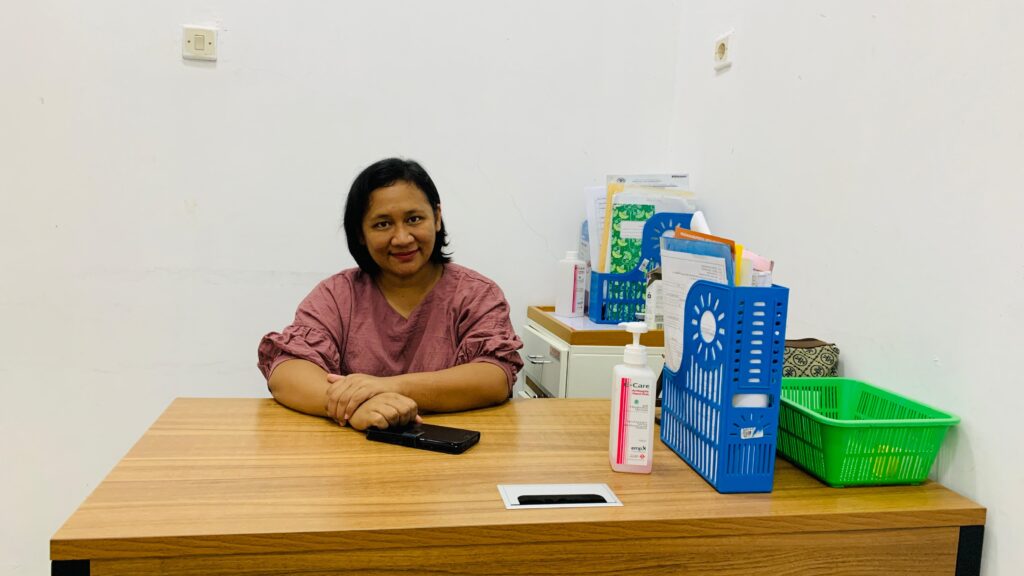
“Changes began to be felt when the IPAS Foundation came to assist. They did not come with rigid rules, but opened a space for dialog with doctors, midwives, nurses, and also hospital and puskesmas management. IPAS Indonesia invites all parties to see the importance of a clear guideline, not only for health workers, but also to protect the rights of patients,” said Doctor Herwinda.
In November 2024, IPAS Indonesia facilitated the development of Clinical Practice Guidelines (PPK) and Standard Operating Procedure (SOP) for PAC services in Kupang District. This process was conducted in a participatory manner with the Health Office and the management of RSUD Naibonat.
Doctor Ni Ketut Sri Aryani recalls the process of making the two documents. “The process of making PPK and SOP, we sat together to formulate. After we agreed, we consulted with obstetrics and gynecology specialists and the Service Division. After consultation and no revisions, the PPK and SOP were signed by the Director of Naibonat Hospital and then reproduced for distribution,” recalled Doctor Ketut.
Head of the Kupang District Health Office, Yoel Midel Laitabun, S.Si, M.Kes, emphasized the importance of the document as a legal reference and service standard. “We cannot just work, but there is a legal umbrella that we must execute. So there is an SOP, which refers to the fact that our friends at the health center, our midwives, are working, referring to the operational standards that have been made,” he said.
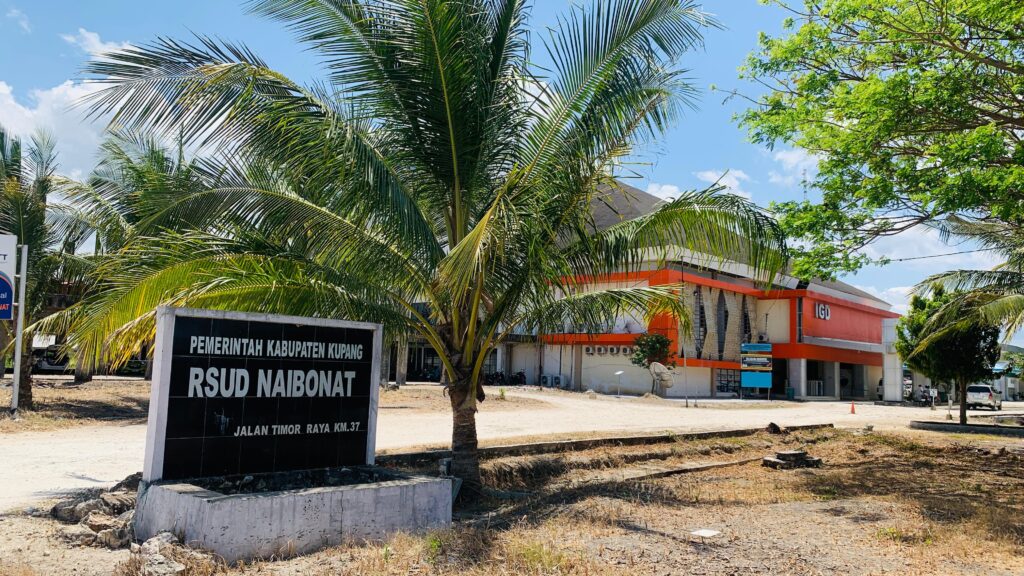
The real impact is starting to be seen in the field. Midwife Elisabet M Palang Wotan, A.Md. Keb from Puskesmas Sulamu said that with the SOP and PPK, not all miscarriage cases should be directly referred to the hospital. This shows an increase in service capacity at the puskesmas level.
Project Coordinator Stefanus Bere added that the SOPs and PPKs unify services between RSUD and puskesmas. “This participatory process from all parties increases the sense of ownership of the SOP and PPK documents so that health workers want to do what is written in the SOP,” he added.
However, challenges remain, such as the transfer of health workers and not all personnel have been trained in PAC. This requires continuous training and system strengthening so that PAC services remain consistent and of high quality.
Reporter: Salomi Tabun
